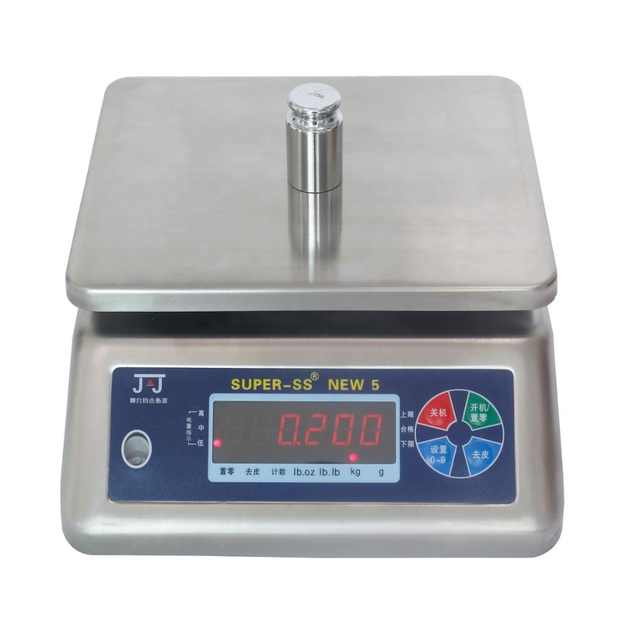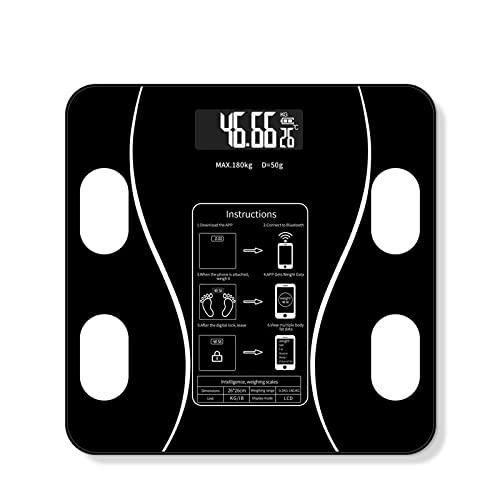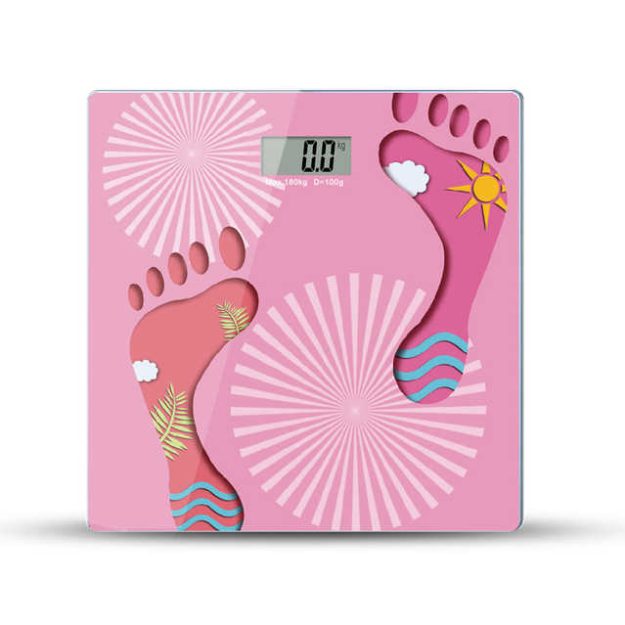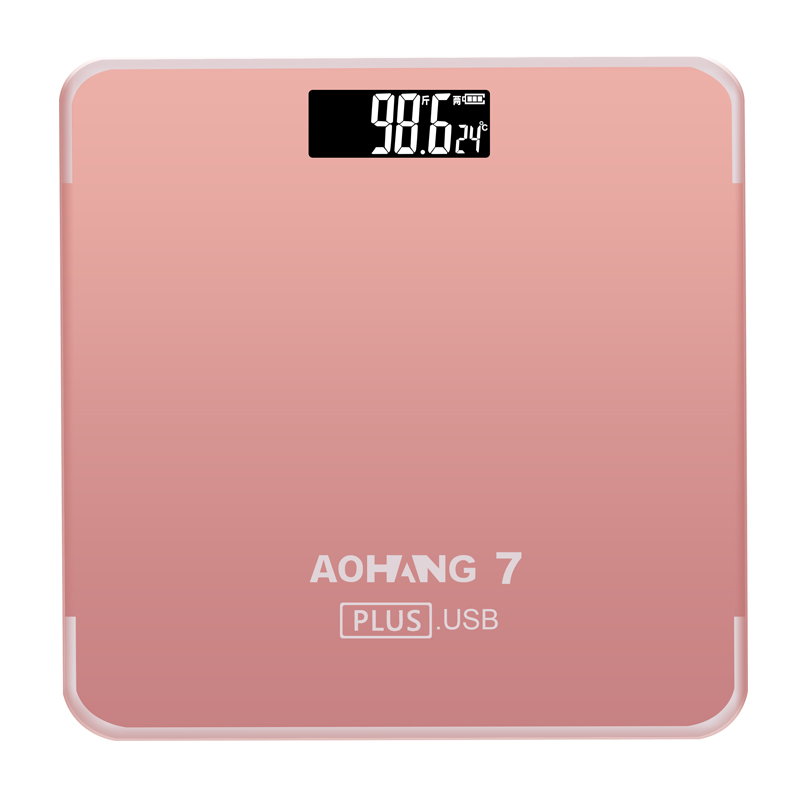Choosing the Right Weighing Scale: Your Ultimate Guide to Accuracy, Weighing scales are indispensable in industries, businesses, and daily life. Whether you’re a farmer, retailer, health enthusiast, or lab technician, selecting the right weighing scale is crucial for precise measurements and optimal performance. This guide will walk you through the process of choosing the perfect weighing scale for your needs, with expert insights from Eagle Weighing Systems, Uganda’s trusted supplier of weighing solutions.
Why Choosing the Right Weighing Scale Matters
Accurate weight measurement is essential for:
- Fair trade: Ensuring buyers and sellers get their money’s worth.
- Compliance: Meeting regulatory requirements in commercial transactions.
- Health: Tracking fitness progress or medical conditions accurately.
- Efficiency: Streamlining industrial or laboratory operations.
Types of Weighing Scales and Their Applications
1. Mechanical Weighing Scales
- How They Work: Utilize springs or counterweights to measure weight.
- Applications: Commonly used in retail, agriculture, and basic weighing tasks.
- Pros:
- Durable and robust.
- No power source required.
- Cons:
- Limited precision.
- Harder to read than digital scales.
2. Digital Weighing Scales
- How They Work: Use electronic sensors to measure weight and display it digitally.
- Applications: Suitable for healthcare, retail, laboratories, and personal use.
- Pros:
- Highly accurate and easy to read.
- Includes advanced features like tare function and unit conversion.
- Cons:
- Requires power (batteries or electricity).
- Slightly more expensive than mechanical scales.
3. Platform Scales
- How They Work: Feature a flat platform for weighing large or bulky items.
- Applications: Commonly used in agriculture, logistics, and industrial sectors.
- Pros:
- High weight capacity.
- Suitable for heavy-duty tasks.
- Cons:
- Requires more space.
4. Hanging Scales
- How They Work: Items are suspended from a hook for weight measurement.
- Applications: Widely used in fishing, agriculture, and livestock weighing.
- Pros:
- Portable and compact.
- High weight capacity for its size.
- Cons:
- Less stable for certain items.
5. Analytical and Precision Balances
- How They Work: Offer high precision with minimal error margins, ideal for laboratory use.
- Applications: Pharmaceutical, research, and food industries.
- Pros:
- Extremely accurate.
- Suitable for very small weights.
- Cons:
- Expensive and delicate.


Factors to Consider When Choosing a Weighing Scale
1. Accuracy and Precision
- For applications requiring high accuracy, like laboratories, choose digital or analytical scales.
- For general purposes, mechanical or platform scales suffice.
2. Weight Capacity
- Choose a scale that meets your maximum weight requirements. For instance:
- Personal use: 0–150 kg.
- Industrial use: Up to 5000 kg.
3. Environment of Use
- Opt for water-resistant or dustproof scales for outdoor or industrial environments.
4. Portability
- If you need to move the scale frequently, consider compact options like digital or hanging scales.
5. Power Source
- Mechanical scales are ideal for areas without reliable electricity.
- Digital scales require batteries or an electric connection.
6. Additional Features
- Tare function: Resets the scale to zero after placing containers.
- Unit conversion: Switch between kilograms (kg), pounds (lb), and other units.
- Data storage: Retains previous measurements for easy tracking.
7. Budget
- Mechanical scales are cost-effective for basic tasks.
- Digital scales offer advanced features but may come at a higher price.
Tips for Maintaining Your Weighing Scale
- Regular Calibration
- Regular calibration ensures your scale provides accurate readings. Eagle Weighing Systems offers expert calibration services in Uganda.
- Keep the Scale Clean
- Dust and debris can affect accuracy. Clean the scale regularly with a soft cloth.
- Avoid Overloading
- Exceeding the scale’s weight capacity can damage it.
- Store Properly
- Keep your scale in a dry, secure location when not in use.
- Service and Repair
- Schedule routine maintenance to prolong the scale’s lifespan.
Why Choose Eagle Weighing Systems for Your Scale?
Eagle Weighing Systems is Uganda’s leading provider of high-quality weighing scales. Here’s why they’re the best choice:
- Extensive Product Range
- From mechanical scales to high-precision digital scales, they cater to all industries and needs.
- Competitive Prices
- Affordable options in Ugandan Shillings (UGX) ensure value for money.
- Reliable Customer Support
- Their expert team guides you in selecting the right scale.
- After-Sales Services
- Calibration, repair, and maintenance services to ensure accuracy and longevity.
- Convenient Access
- Browse their offerings on the official website. Stay updated via their Facebook page, Twitter, and YouTube channel.
Conclusion
Choosing the right weighing scale is a critical decision that depends on your specific needs, accuracy requirements, and budget. Whether you need a simple mechanical scale or an advanced digital one, the right choice will ensure precision, efficiency, and durability.
For reliable, accurate, and durable weighing solutions in Uganda, trust Eagle Weighing Systems. Visit them today for expert guidance and top-quality products tailored to your needs







